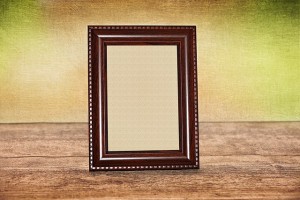cultural ![]()
[adjective/adverb]
[cul-tu-reel]
"Cultureel" is used for anything "cultural" or "arts related". Be cultural and use today's DWOTD! 😉
Examples:
– "Volgende week is er een culturele avond op de school van onze zoon."
("Next week there's a cultural evening at my son's school.")
– "We moeten respect hebben voor ons cultureel erfgoed!"
("We must respect our cultural heritage!")
– "Michiel is een cultureel antropoloog."
("Michiel is a cultural anthropologist.")
– "Bij ons in de buurt hebben we geen cultureel centrum; dat vind ik een gemis."
("In our neigbourhood there is no arts centre; I think that's a shame." Literally "gemis" is something that you "miss" and you think it's bad that it's missing.")
– "Ik heb een boek gelezen over de Culturele Revolutie. Vind je me nu eindelijk een beetje cultureel?"
("I've read a book about the Cultural Revolution. Now do you finally think I'm a bit cultural?")
Related words:
– Cultuur: culture [noun] [de cultuur, de culturen].
Example:
– "Jij mag dit raar vinden, maar in sommige culturen is het heel normaal!"
("You may think this is strange, but in some cultures it's very normal!")
– Cultuurbarbaar: Philistine, literally "culture barbarian", somebody who knows nothing about and doesn't care about anything cultural [noun] [de cultuurbarbaar, de cultuurbarbaren].
Example:
– "De nieuwe vriend van Sylvia is echt een cultuurbarbaar; hij heeft nog nooit van Bach gehoord!"
("Sylvia's new boyfriend is nothing but a Philistine; he has never heard of Bach!")
– Sociaal Cultureel Planbureau (SCP): the Netherlands Institute for Social Research [noun] [het SCP].

 “Zonder” is a preposition and translated with “without“. The opposite of “zonder” is “met”: “with”
“Zonder” is a preposition and translated with “without“. The opposite of “zonder” is “met”: “with”